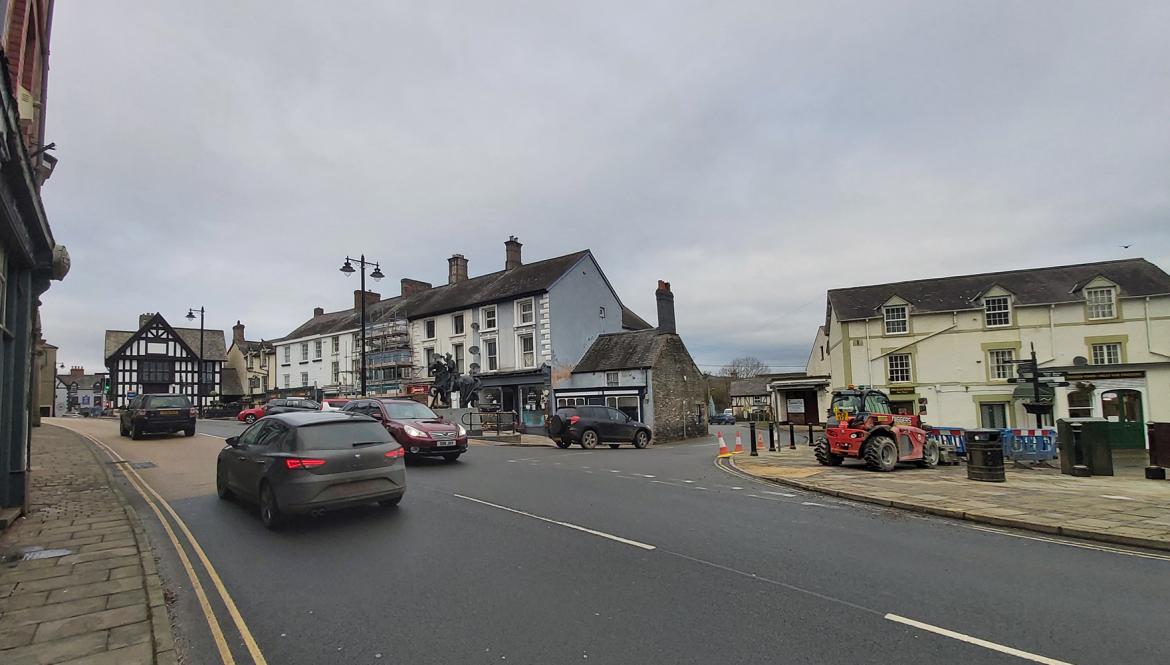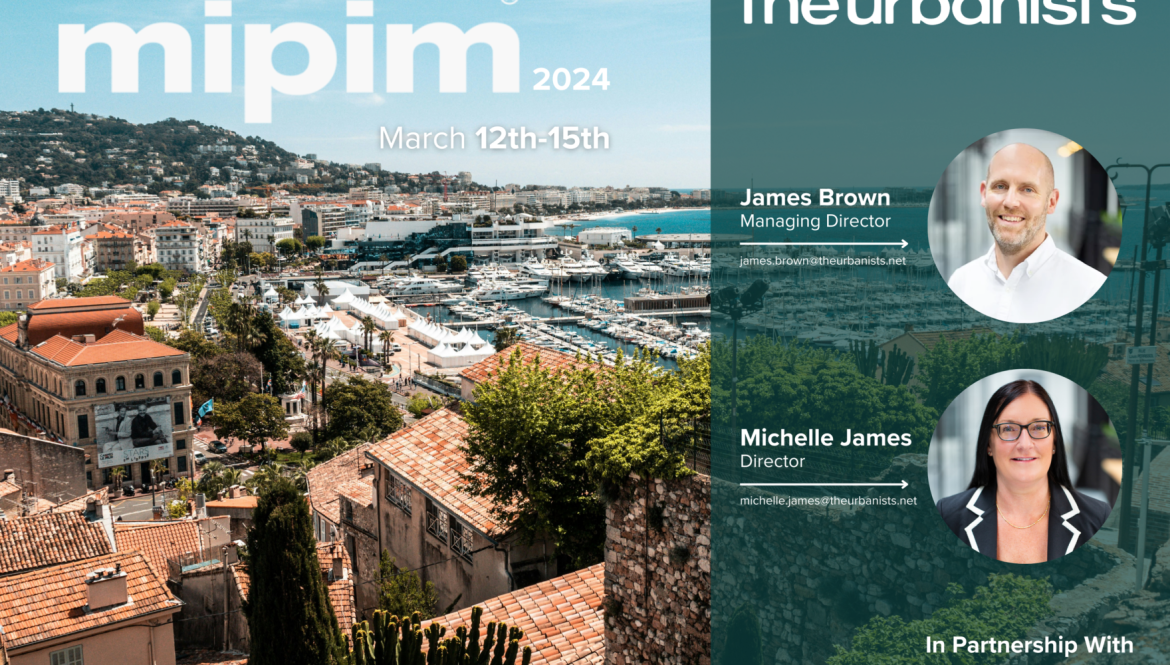Landmark Ruling in Isle of Wight: Councils Must Publish S106 Agreements Before Granting Planning Permission
As outlined in this Planning Resource Article, a recent Court of Appeal ruling concerning a development of 473 homes on agricultural land in the Isle of Wight has highlighted the critical importance of publishing Section 106 legal agreements before granting planning permission. The decision, which saw planning permission quashed and the council ordered to pay £70,000 to a residents' group, underscores a significant shift in how councils and developers must approach transparency in planning obligations.
The case revolved around Isle of Wight Council's approval of Westridge Village's plans for 473 homes in Ryde. Council officers negotiated a Section 106 agreement for highway works. However, neither the proposed nor the final agreement was placed on the council’s planning register before permission was granted.

Implications for Councils and Developers:
For local planning authorities, who going forward will need to consider doing the following:
- Promptly Publish Agreements: Publish Section 106 agreements "at the point of engrossment" (when the final version is being prepared), if not earlier.
- Detailed Heads of Terms: Include detailed heads of terms, including specific figures for contributions and affordable housing percentages in committee reports.
- Public Notification: Publicise draft Section 106 agreements and notify parties who commented on the original application.
For developers and applicants, the ruling suggests a need for:
- Earlier Clarity: Providing "fulsome" heads of terms and draft Section 106 agreements with applications would be helpful. This may push negotiations to the pre-application stage.
- Vigilance in Publication: Applicants should actively verify that relevant agreements have been published on the planning register.
- Enhanced Legal Scrutiny: Developers may need to engage their own legal teams to review officers’ reports and other procedural elements, to identify potential procedural flaws that could lead to challenges.
This case, alongside others highlighting procedural missteps in Section 106 agreements, demonstrates a growing scrutiny of underlying planning documents. The availability of cost protection (Protective Costs Orders (PCOs) can cap costs at £10,000 for community groups), and crowdfunding is enabling residents' groups to pursue such challenges, indicating a trend towards increased accountability and transparency in the planning process. While the legislation (Town and Country Planning (Development Management Procedure) (England) Order 2015) may be dated, this ruling reinforces that its requirements cannot be overlooked.






